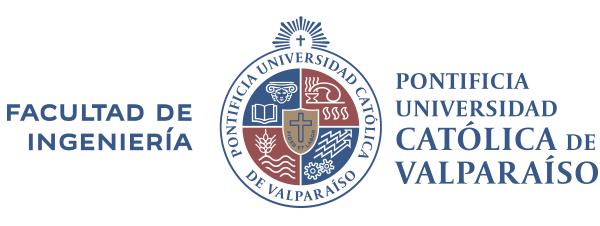External relations
Our Faculty seeks to contribute in reciprocal relation to the integral, equitable and sustainable development of the people, institutions and territories of the country, through a meaningful, permanent and mutually beneficial interaction with the main public, private and social actors corresponding to the local environment, regional, national or international.
The active linkage of the Faculty with its environment is based on the following principles, which make it possible to contribute significantly to current societies.
1) The link with the environment must integrate transversally to all the functions of the Engineering Department.
2) The link with the environment should be based on dialogue and the creation of reciprocal benefits.
3) The Engineering Department needs to be linked to the environment on the basis of the knowledge and skills of the Academic Units that compose it, constituting itself as an agent that promotes the development of the community and its well-being.
4) The link with the environment requires the willingness and ability to progressively integrate new spaces for interaction, creatively developing the relevant components.
5) The development of the link with the environment must have sufficient flexibility to respond to changes in the environment.
The definition of the different publics of interest is relevant for the Department because it allows orienting the activities of connection with the environment.
I. Educational System: This is one of the most relevant interest groups for the Engineering Department. It includes other institutions of higher education, study and research centers, representative bodies of national and foreign higher education institutions, the school system at all levels, including the entire educational community.
II. Productive Sector: This group includes, for example, public and private companies, trade associations, associations of professionals, and all those organizations that contribute to productive development at any level.
III. State and its Institutions: This set includes all the public authorities (executive, legislative and judicial), regional governments and municipalities. Foreign agencies and governments may be included.
IV. Civil Society, Social and Cultural Organizations: this category includes cultural centers and institutes, sports organizations, community organizations, and media, among others.
